Reading fiction is one of the most accessible tools for anyone looking to improve their foreign language skills. Literary texts help you:
- Expand your vocabulary. In books, words and phrases are always presented in context, making them easier to remember than through rote memorization. You’ll also learn how to appropriately use specific words or expressions in various situations.
- Activate your passive vocabulary and make your speech more varied.
- Understand grammar and sentence structure. While reading, you’ll see how linguistic constructs, previously learned in theory, are applied in practice.
- Improve spelling, writing skills, and punctuation.
If you aim to improve your German pronunciation, consider listening to audiobooks.
For those who want to learn more about a country, its culture, history, and traditions, studying its literature is essential. Reading is not only a pleasant pastime but also a way to broaden your horizons and acquire new knowledge. When we learn German through reading, we refine our language skills, gain confidence, and find motivation to keep going.
Choosing the Right Book for Your Language Level
Don’t simply grab the first literary work you come across. To ensure successful learning, the book should be both engaging and easy to understand. When selecting a book, consider:
- Your language proficiency level. Open the first page and assess how many unfamiliar words you encounter. Ideally, there should be 3-5 unknown words per page, but no more than 7–8, as too many unfamiliar terms can make reading slow and frustrating. It’s also unlikely you’ll remember a large number of new words at once.
- Your personal preferences. Choose authors and genres you enjoy.
- The simplicity of the text, the length of chapters, and the book’s structure.
For German learners, modern prose is often a good choice — short stories and novellas are particularly useful. They provide exposure to up-to-date vocabulary that’s practical for everyday use. Classics and science fiction are better suited for readers with intermediate and advanced proficiency.
Tips for Effective German Learning Through Reading
To maximize the benefits of reading German books, keep these simple tips in mind:
- Use a dictionary. Strike a balance between understanding the context and looking up unfamiliar words and expressions.
- Take notes. Write down new words, sentence structures, and fixed expressions.
- Reread sections. Revisiting challenging passages can help you better grasp the book’s content.
- Practice summarizing aloud. Briefly recount what you’ve read, incorporating new vocabulary. Share your opinion on specific ideas or thoughts from the text.
- Read aloud to improve pronunciation. Try to find an audiobook version of the book and listen to it while reading. This method enhances both listening and pronunciation skills.
Recommended Books for German Learners
If you’re looking for German books for beginners (A1 German level), consider comics, children’s books, and adapted translations from other languages. Popular choices include the children’s books of contemporary author Cornelia Funke. The French classic The Little Prince by Antoine de Saint-Exupéry is beautifully translated into German and is also suitable for beginners.
For learners at the A2 German level, the Leichte Literatur series offers simplified versions of well-known works by German-speaking authors, making it ideal for teenagers and adults.
At the B1 and B2 German levels, selecting the right book becomes more challenging. Children’s literature may feel too basic, while more complex works could be overwhelming. Intermediate learners are encouraged to try:
- Wolfgang Herrndorf, Tschick
- Franz Kafka, Die Verwandlung (The Metamorphosis)
- Michael Ende, Momo

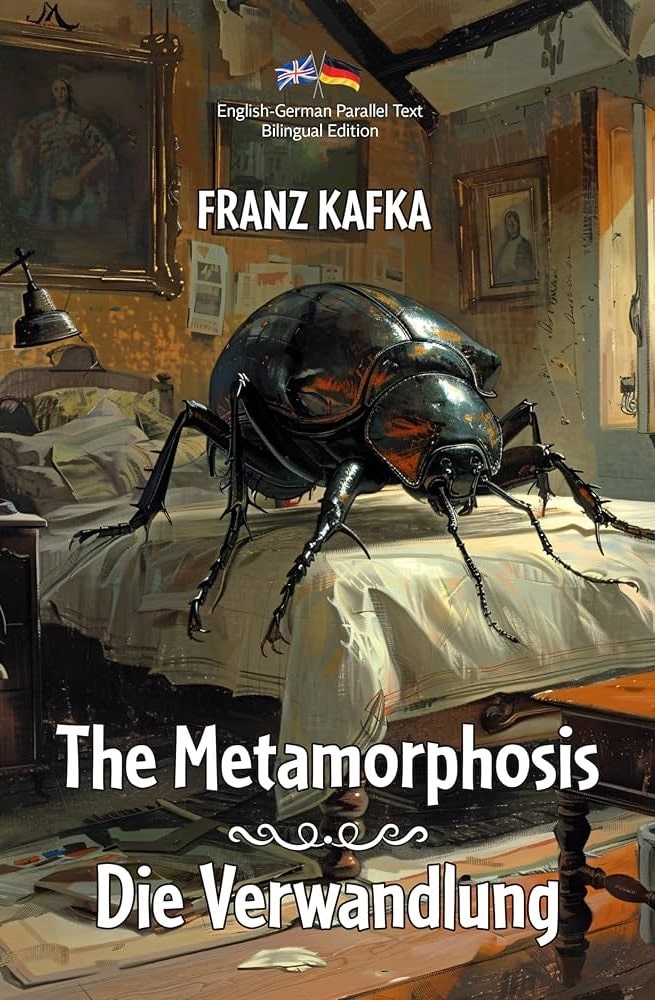
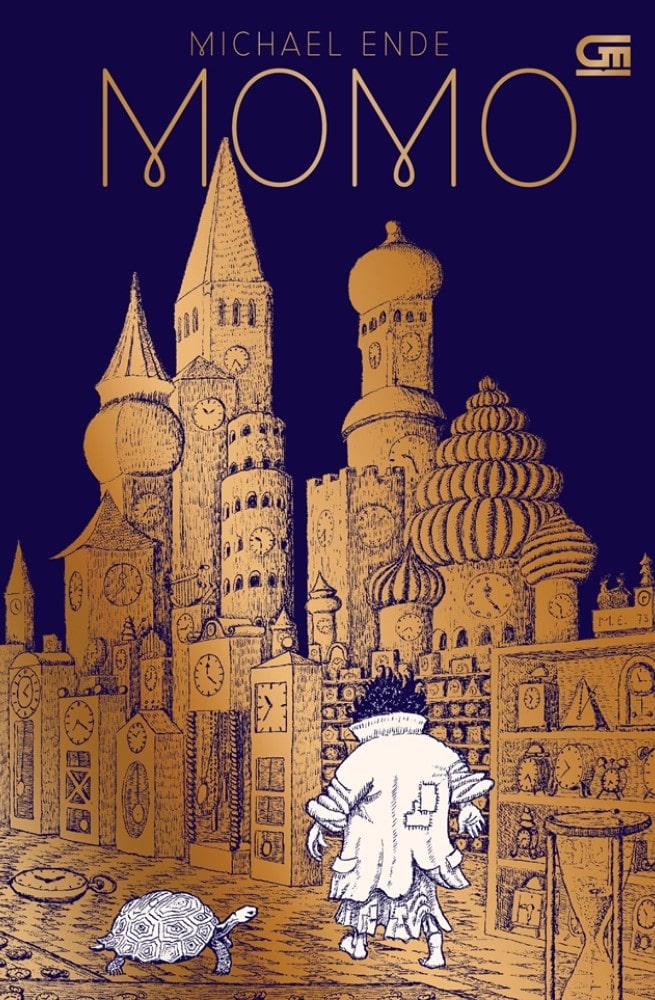
Advanced learners (C1 German level) can tackle more sophisticated original works such as:
- E. T. A. Hoffmann, Nachtstücke (Night Pieces)
- Johann Wolfgang von Goethe, Faust
- Patrick Süskind, Das Parfum: Die Geschichte eines Mörders (Perfume: The Story of a Murderer)
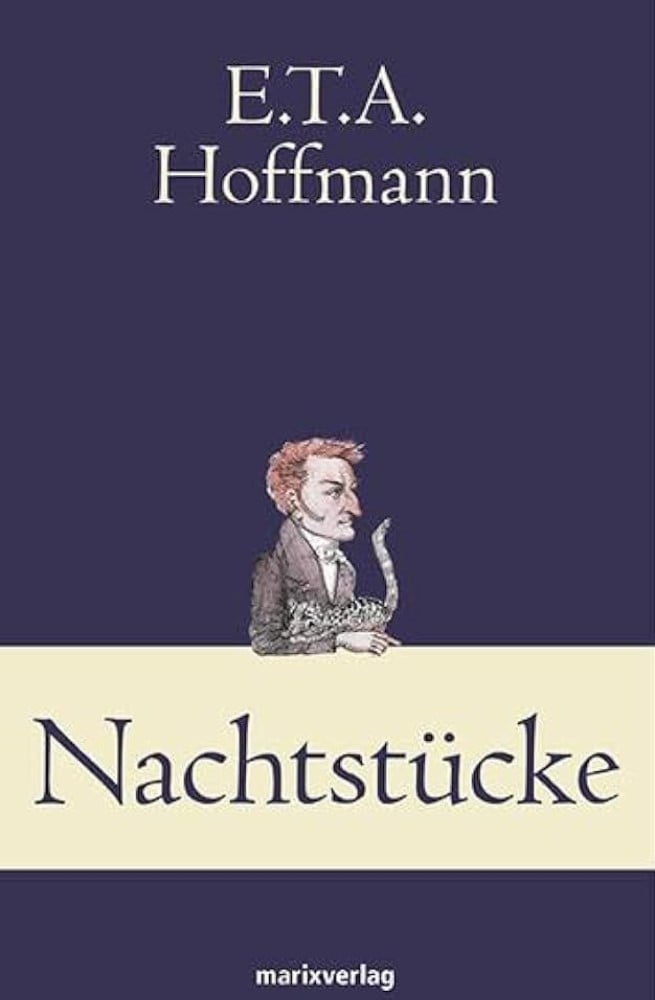
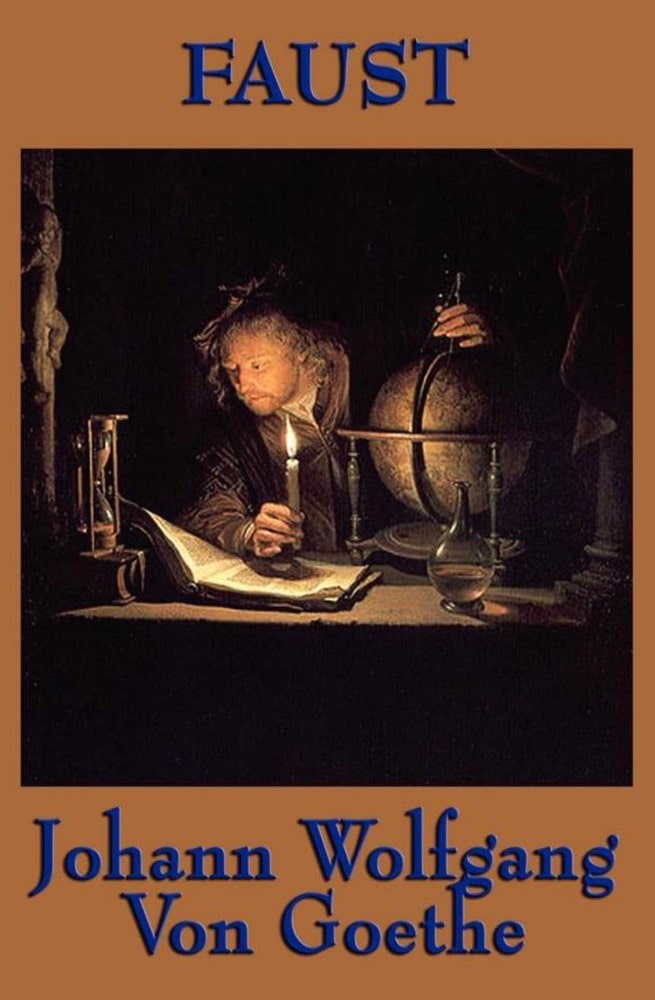
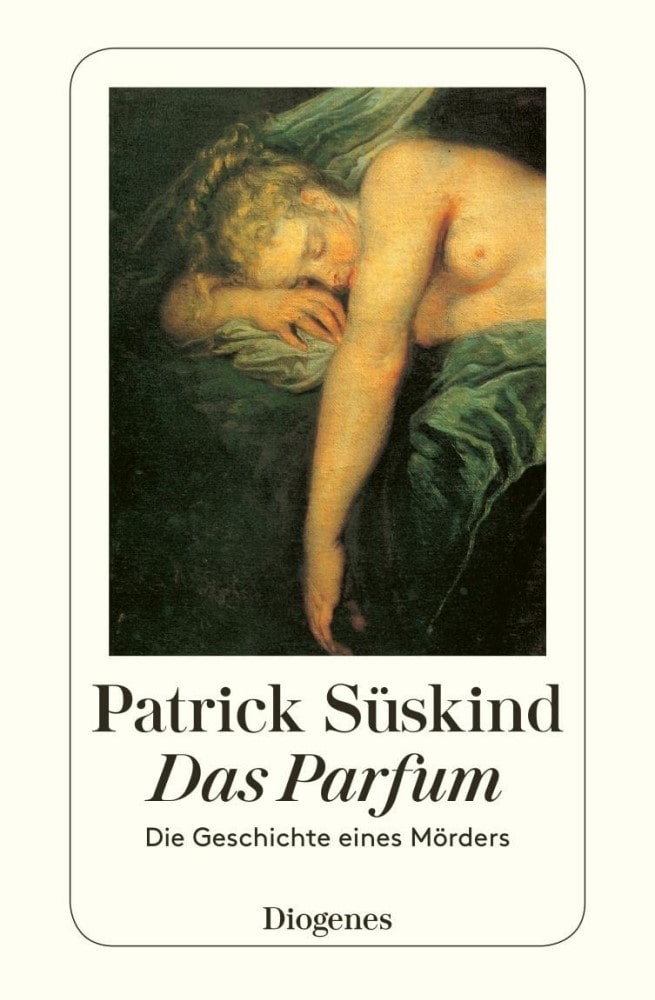
A Holistic Approach to Language Learning
Reading books is one of the most popular and accessible methods for both children and adults to learn a foreign language. However, to truly master German, reading alone is not enough. The greatest success comes from a comprehensive approach that combines lessons with a teacher and self-study.
The IISC offers small-group intensive German language courses in Berlin and Braunschweig, as well as online programs for German learners of all levels:
- A1 level online course,
- A2 level online course,
- B1 level online course,
- B2 level online course,
- C1 level online course.
To start your journey, sign up for a free placement test and join an existing group or wait for a new group to begin.
20-11-2024
